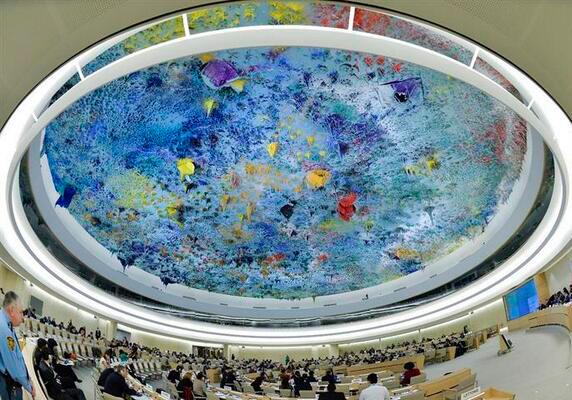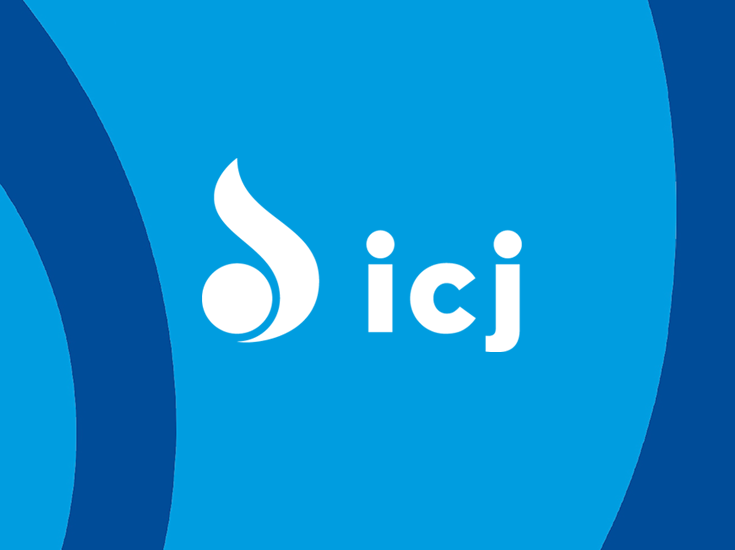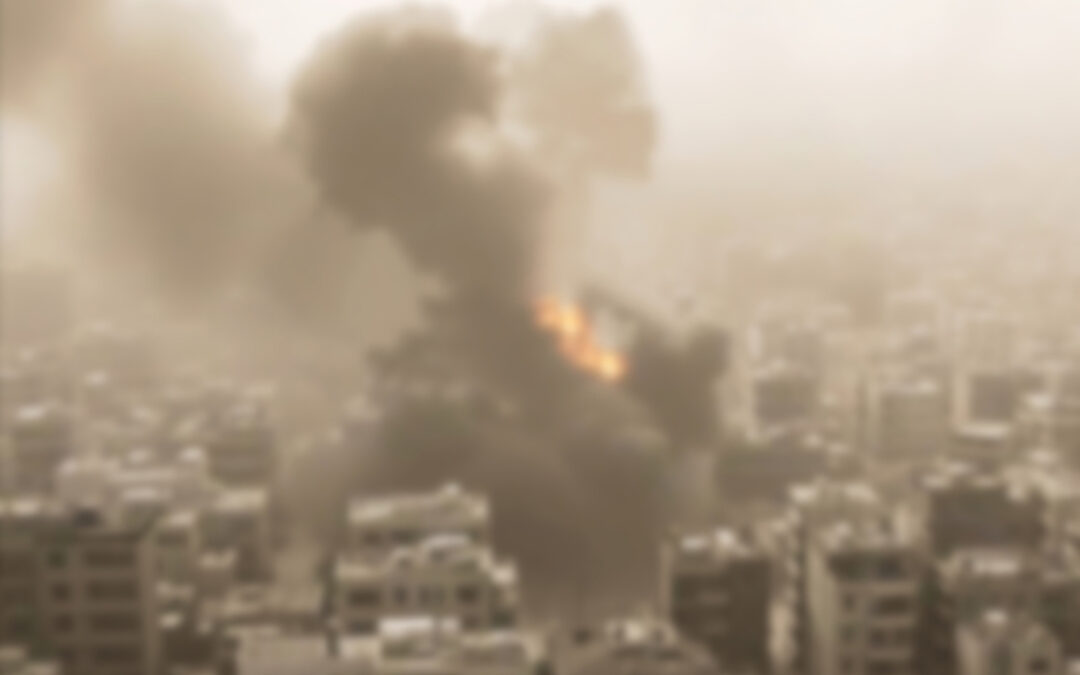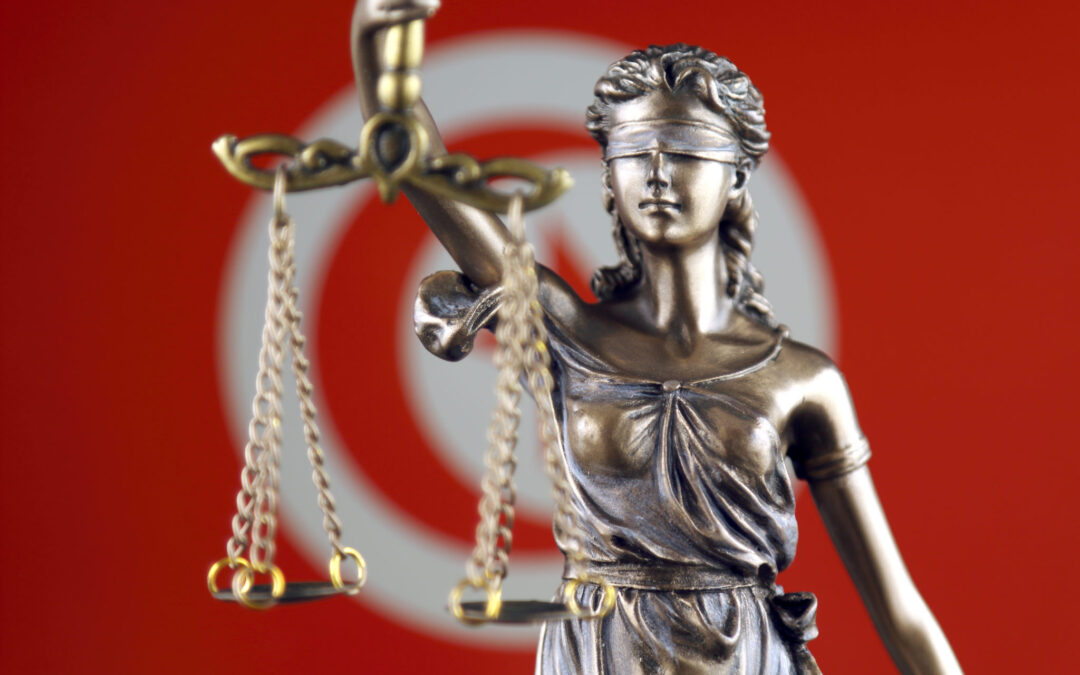
Joint NGO Letter to UN Member States on the situation in Lebanon
Today, the International Commission of Jurists (ICJ) and other non-governmental organizations call on Member States of the UN Human Rights Council to urgently convene a Special Session on the situation in Lebanon to establish an international investigative mechanism...
Libya: The Authorities Must Ensure Women Have Effective Access to Justice for Sexual and Gender-Based Crimes
On 28 October, the International Commission of Jurists participated in the informal private briefing by NGOs during the 91st Pre-sessional Working Group for the Committee on the Elimination of Discrimination Against Women (CEDAW) on Libya. During such briefings, the...
Lebanon/Israel: Israel Must Cease Indiscriminate and Disproportionate Attacks
Israel violated the United Nations Charter and the international humanitarian law’s principles of distinction and precautions, as the Israeli Defence Forces (IDF) intensified strikes on southern Lebanon, the Bekaa and Beirut, the International Commission of Jurists...
Tunisia: Unfair Presidential Election Undermines Human Rights and Deepens Political Crisis
The Tunisian presidential election, held on 6 October 2024, failed to meet international standards on fairness and transparency, and to ensure Tunisians’ human right to take part in the conduct of public affairs and to be elected to public office, the International Commission of Jurists said today. On 7 October, the Electoral Commission (ISIE) announced that President Kaïs Saïed had been re-elected by 90.69% of the electorate on a turnout of 28%.




